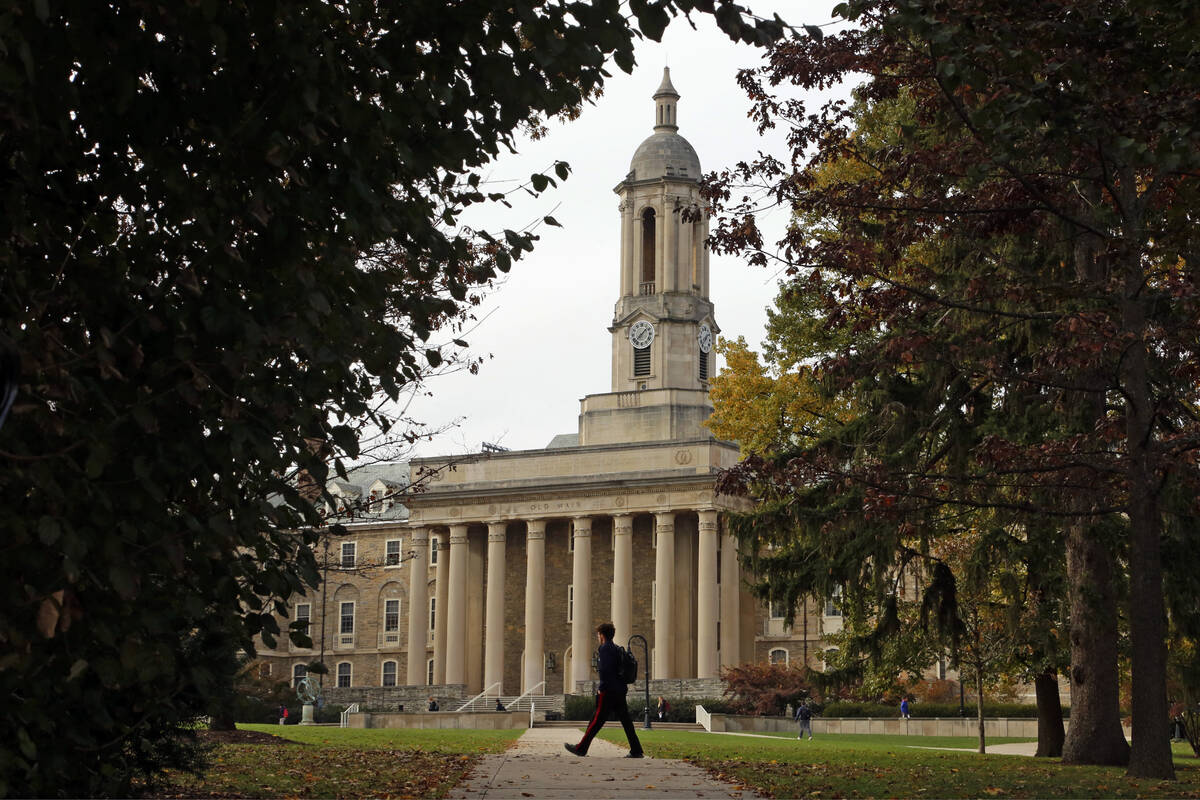VICTOR JOECKS: How higher education is setting itself up for a slow decline
Colleges and universities are planting the seeds of their own decay.
Last month, the accrediting branch of the American Bar Association voted to end the requirement that law schools use the LSAT or other standardized tests for admission decisions. A final vote from the ABA’s House of Delegates is scheduled for February. The ABA accredits most law schools in the country, so this is a massive shift. The change will go into effect in 2025.
The LSAT is a difficult test, but passing the bar exam is hard, too. The LSAT measures reading comprehension, the ability to analyze arguments and analytical reasoning. Every lawyer needs those skills. An LSAT score is a clear signal to the student and law schools about future potential. That’s good information for students to learn before taking on six figures in student loans. The ABA should have an interest in ensuring law schools churn out competent lawyers.
But ditching standardized tests is a widespread trend in higher education. Hundreds of colleges have dropped requirements for the SAT or ACT. That includes many top schools. The University of California system no longer even looks at test scores in the admissions process. Harvard made tests optional through 2026.
Colleges are doing this in pursuit of “diversity.” As a group, African-American and Hispanic students score lower than white and Asian students. In 2020, the average score on the SAT math section was 454 out of 800 for Black students. Hispanic students had an average of 478. For white students, the average was 547. It was 632 for Asians.
Dropping tests from the equation is an attempt to institute affirmative action by another name. When colleges don’t consider SAT or ACT scores, they generally admit more Black and Hispanic students. The likely corollary is that they will exclude more Asian students. For some bizarre reason, the left is selective about when they deem Asian Americans to be a hallmark of racial diversity.
Set aside how this change affects individual graduates. It’s not great for students to be accepted to a college for which they are academically unprepared. That’s a recipe for student loan debt but no degree.
Consider how this change will undermine universities as institutions. Higher education offers two main economic benefits to students. One, is the prestige of having graduated from a particular school. Next, the education itself is supposed to give students an economically valuable skill set.
But what makes certain schools prestigious is that they don’t accept students of limited academic ability. A degree from Harvard sends an unmistakable message about your intelligence. Or at least it once did.
The other problem is that many schools are prioritizing woke virtue signaling over academics. Intellectual diversity is long gone in most places. A survey of seven universities by the College Fix found that half of their departments didn’t contain a single Republican. So much for teaching students how to think and debate. But even many professors aren’t being selected on their academic merits. Even MIT now demands that prospective faculty submit a diversity statement.
If colleges aren’t offering better instruction, online options will continue to gain ground. Some smaller colleges are already facing financial pressures, as America’s long-declining birth rate has reduced the number of high school graduates. Elite institutions are well-positioned, but don’t be surprised to find many smaller colleges closing their doors over the next decade. Some already have.
Helped by government subsidies, higher education is in a dominant position now. But, if you step back, you can see how it’s setting itself up for a slow decline.
Victor Joecks’ column appears in the Opinion section each Sunday, Wednesday and Friday. Contact him at vjoecks@reviewjournal.com or 702-383-4698. Follow @victorjoecks on Twitter.


















